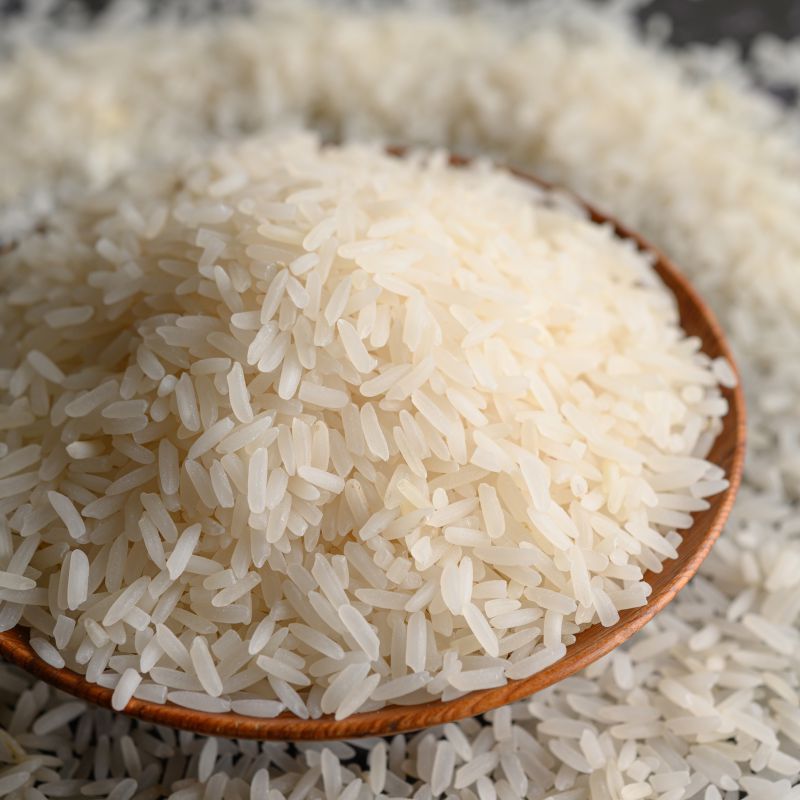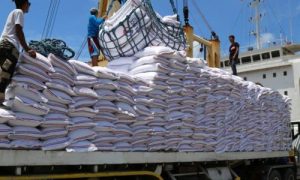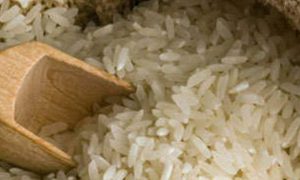Rice prices higher in latest situationer

THE Philippine Statistics Authority (PSA) released on Thursday the price situationer of selected commodities for the second phase of March 2023.
Increases were observed in six trading centers for the retail prices of well-milled rice per kilogram, ranging from P0.19 to P2.13 during the said period.
The average retail price decreased by P0.77 in Kidapawan City, P1.50 in Tacloban City and P1.88 in Legazpi City.
Nine trading centers also noted hikes in retail prices of pork kasim by P4.73 to P12.50, while its average retail price went down by P5 in Baguio City.
For the average retail price of bangus (milkfish) per kilogram, six trading centers reported a decrease by P0.35 to P10, lower compared to the first half of March of the same year.
However, there was an increase by P7.50 in Iloilo City and P15 in Kidapawan City.
Many trading centers still reported lower average retail prices of vegetables.
Retail prices of red onion per kilogram decreased by P10 to P135 as reported by 14 trading centers.
For the retail prices of calamansi per kilogram, six trading centers observed an increase by P2.50 to P37.50, while it dropped by P2.50 in Pagadian City.
Retail prices of brown sugar per kilogram varied. It plummeted by P2 to P3 in four trading centers, while its average retail prices increased by P7 in Metro Manila, P1.38 in Baguio City and P3.38 in Cebu City.
Michael Ricafort, chief economist at Rizal Commercial Banking Corp., said rice prices increased due to higher world prices but it could be offset by some imports.
“Better weather conditions toward the dry or summer season led to more planting and supply of vegetables and other agricultural products, such as onions, thereby leading to lower prices,” he said.
Ricafort also stated that pork prices are higher due to African swine fever (ASF) in other areas in the country.
He also mentioned that the limited imports of sugar could lead to some easing in sugar prices.
“However, this is offset by higher rice as well as higher pork prices due to ASF cases in more areas in the country that could reduce local pork supply and higher pork prices; but could be addressed by increased importation and the one-year extension of lower tariffs for rice and pork,” Ricafort added.

















